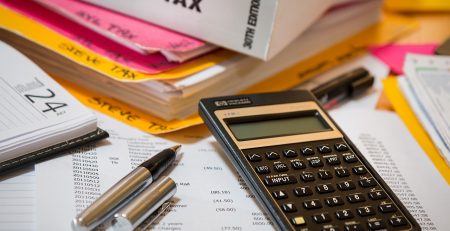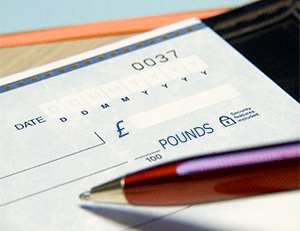Why should you register your business for VAT?
If your business is a start-up or you’re a one-person band, it might not cross your mind to register for Value-Added Tax (VAT). Or, you might think you need to avoid VAT registration – because who wants more taxes?!
But the fact is, there’s often no harm in registering for VAT even if your earnings aren’t high enough to make registering a legal requirement.
By not applying, you might even miss out on the benefits of being VAT registered – including getting money back from payments you make.
Let’s take a closer look at:
- why registering your firm for VAT is a good idea, and
- a quick overview of how to go about it.
What are the benefits of VAT registration?
At the beginning of 2021, the Office for National Statistics recorded that 2.7 million private sector businesses were registered for VAT or PAYE. That equates to almost half of all registered businesses in the UK.
Despite this, there can be many misunderstandings about VAT among business owners.
The most prominent one is that all businesses registered in the UK must add VAT to their prices. In reality, the current VAT threshold of £85,000 means there’s only a legal need for companies to register if their annual turnover during the previous 12 months, or the forthcoming 30 days, is higher than that figure.
Conversely, many small business owners think they can’t register to pay VAT if their earnings are lower than the threshold. But actually, anyone can register at any time. Any type of set-up – limited companies, sole traders or partnerships – has the opportunity to register voluntarily.
You might be asking, why should I bother? Well, here are just a few reasons that it makes good business sense:
- Claiming cash back – There can be a financial advantage to registering for VAT and joining the ‘flat rate scheme’. You pay less VAT back to HMRC than is collected on your invoices (you keep the difference).
- Business asset boost – Registering helps to recoup some start-up costs; for example, the initial budget spent on buying equipment. The VAT element can be reclaimed and become part of your cash flow again.
- Customer comfort – Your customers are unlikely to be affected if they are VAT-registered – most of the time they can reclaim the additional cost of buying goods or services from you.
- Registration = reputation – Being VAT registered can lend authority and a feeling of permanence to your operation. It also means customers won’t know if your revenues are lower than the threshold unless you tell them!
Getting your firm VAT registered
One thing that’s vital to remember is you can only charge VAT if your business is VAT registered.
The good news is that registering is pretty simple nowadays. Most business owners find it easiest and quickest to apply online.
Head to the UK Government’s VAT portal, which deals with everything that relates to registration – you can find it here.
HMRC will require specific information to set you up for VAT, including:
- NI number or Unique Tax Reference
- Business activity from the past two years
- Bank details
- Turnover
VAT certificates are posted out soon after an application is complete. You should have your your proof of registration within 30 working days.
The certificate, which you should store safely but also keep handy for easy reference, confirms your:
- company’s VAT number, which you should include on all invoices sent to your customers
- schedule of when to submit your first VAT return and payment
- ‘effective date of registration’, and whether or not you registered while surpassing the VAT threshold.
Hopefully this article has provided you with an idea of the nuts and bolts of applying for your business to be VAT registered, and the potential positives of doing so.
Of course, tax is always a tricky area for busy business owners to get to grips with. It’s fine for an accountant (or agent) to register your firm for VAT, deal with HMRC and submit returns on your behalf, if you’d rather avoid admin as much as possible. You can also consider accounting software that calculate VAT automatically.
In the next blog we’ll introduce you to Making Tax Digital – the UK Government’s program of digitising the entire process, including VAT payments.












Leave a Reply